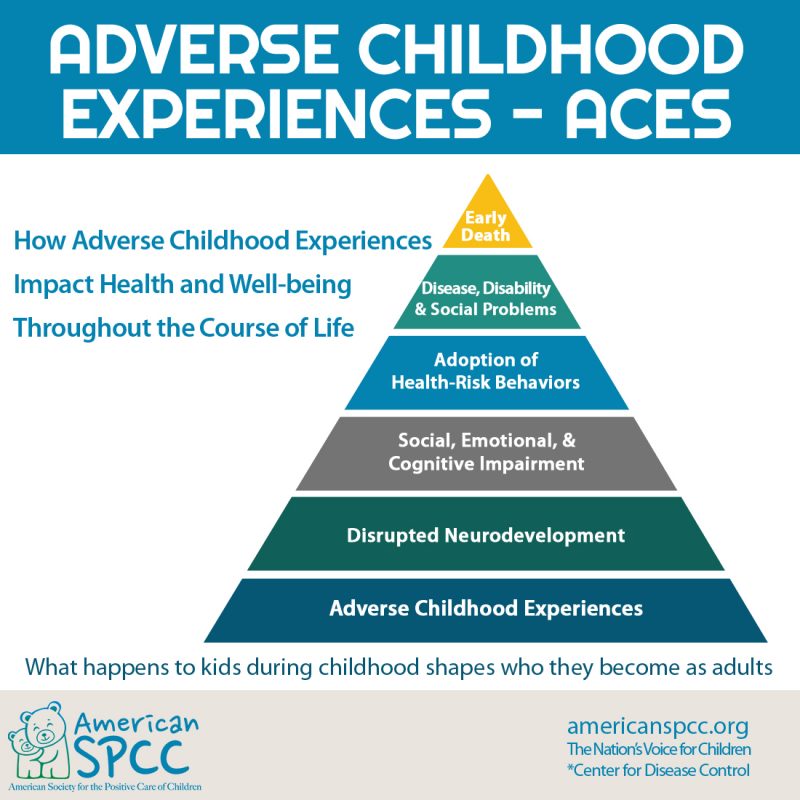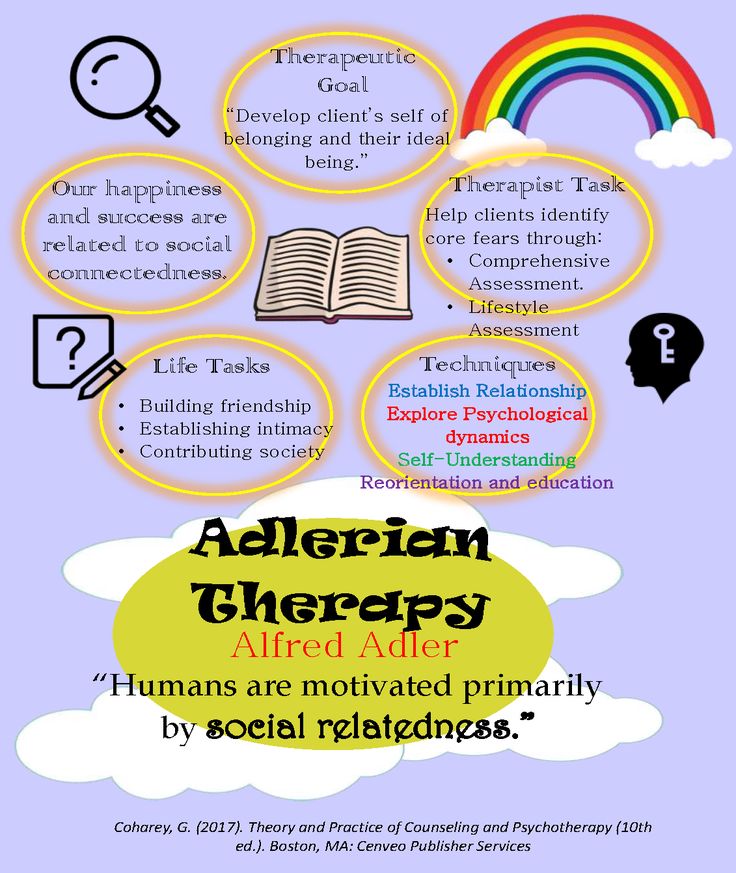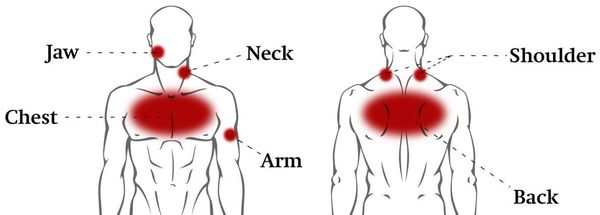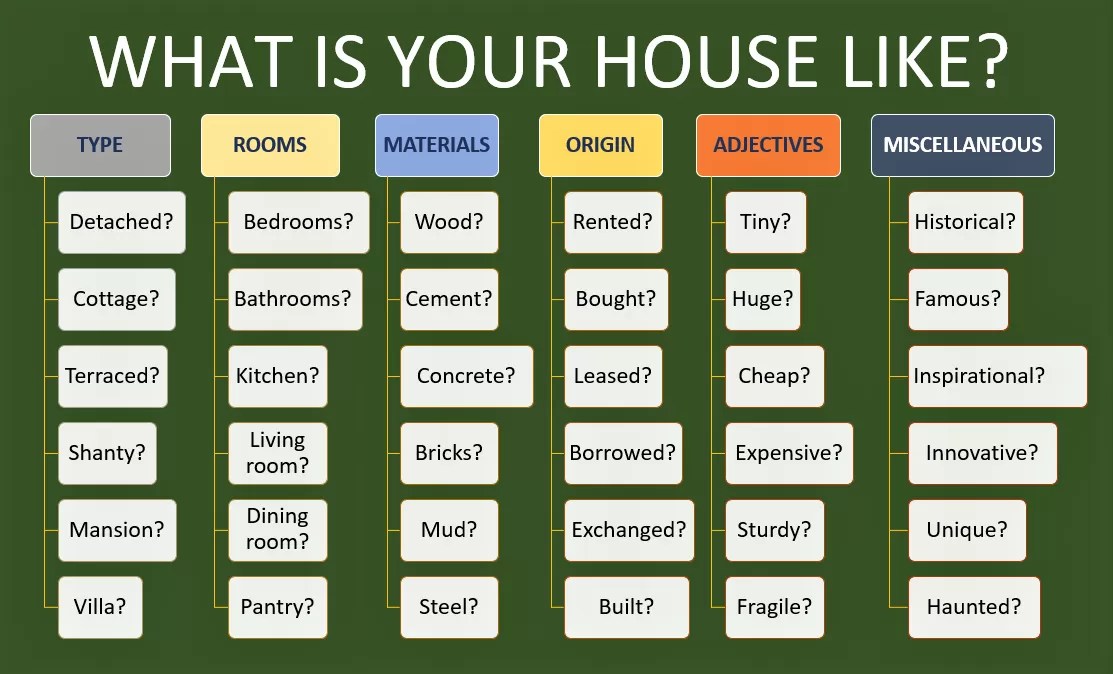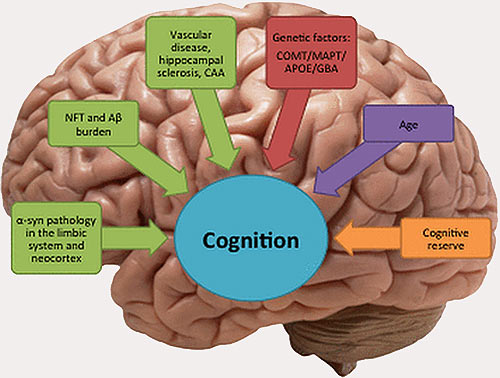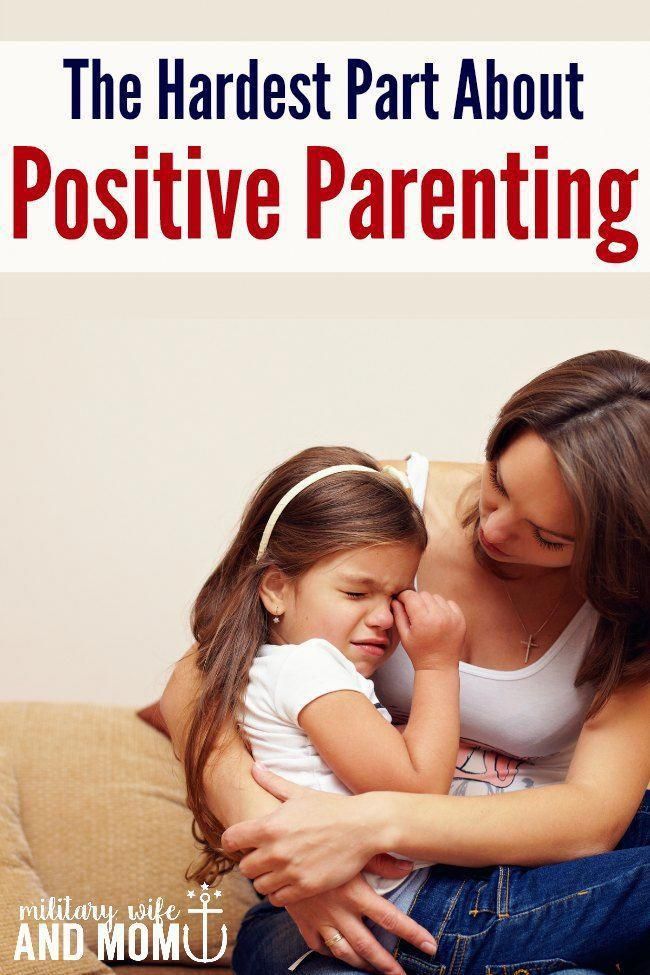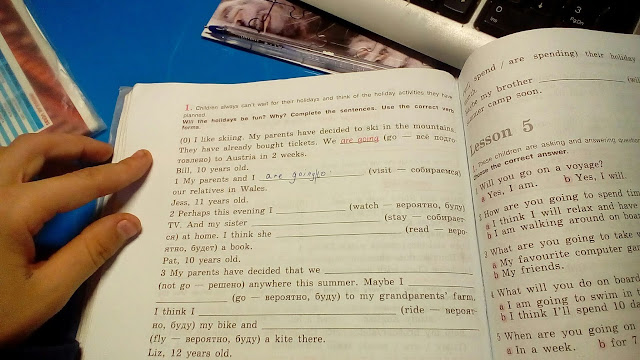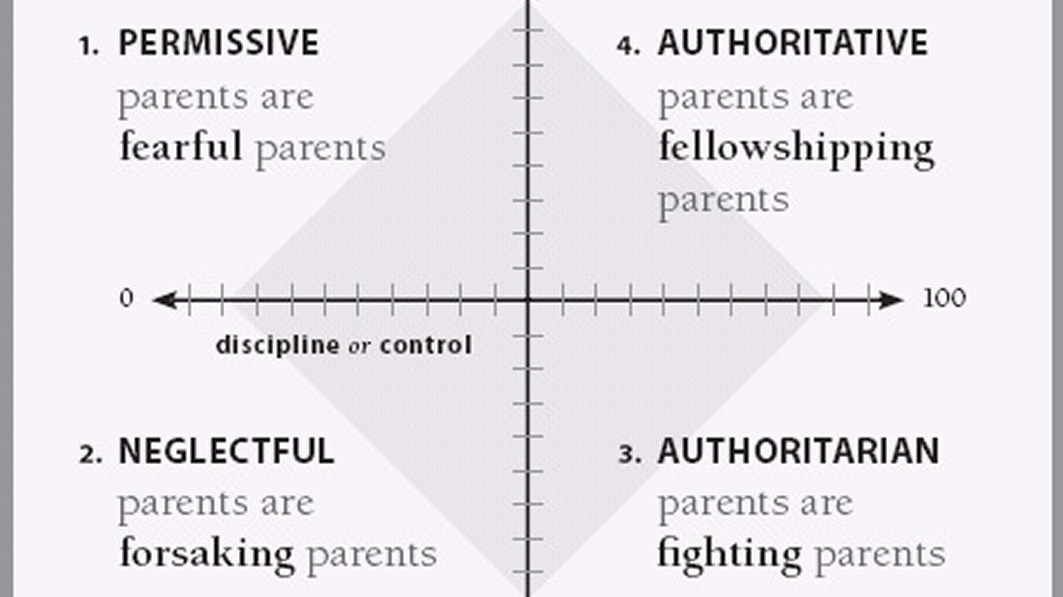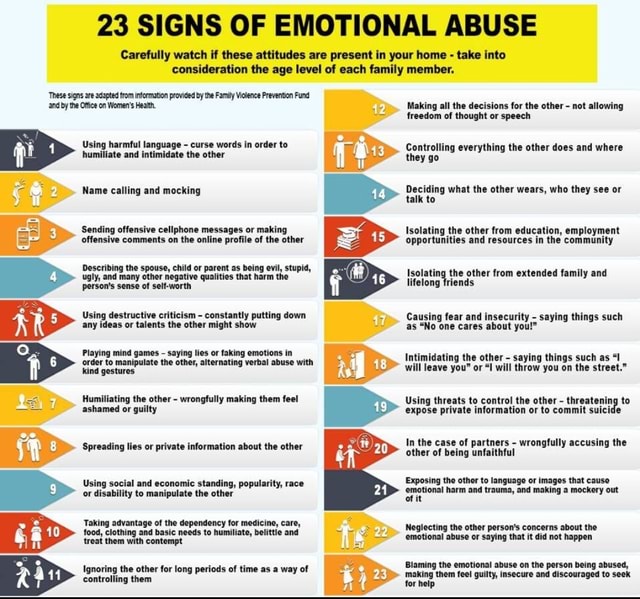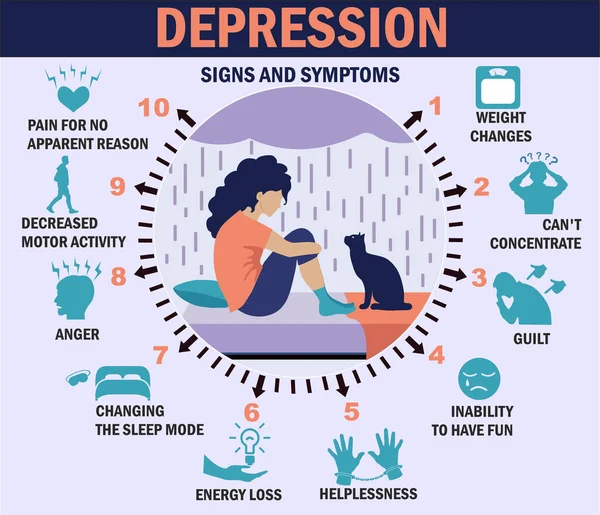Emotional childhood trauma
Recognizing and Treating Child Traumatic Stress
Learn about the signs of traumatic stress, its impact on children, treatment options, and how families and caregivers can help.- Types of Traumatic Events
- Signs of Child Traumatic Stress
- Impact of Child Traumatic Stress
- What Families and Caregivers Can Do to Help
- Treatment for Child Traumatic Stress
- More Ways to Find Help
Types of Traumatic Events
Childhood traumatic stress occurs when violent or dangerous events overwhelm a child’s or adolescent’s ability to cope.
Traumatic events may include:
- Neglect and psychological, physical, or sexual abuse
- Natural disasters, terrorism, and community and school violence
- Witnessing or experiencing intimate partner violence
- Commercial sexual exploitation
- Serious accidents, life-threatening illness, or sudden or violent loss of a loved one
- Refugee and war experiences
- Military family-related stressors, such as parental deployment, loss, or injury
In one nationally representative sample of young people ages 12 to 17:
- 8% reported a lifetime prevalence of sexual assault
- 17% reported physical assault
- 39% reported witnessing violence
Also, many reported experiencing multiple and repeated traumatic events.
It is important to learn how traumatic events affect children. The more you know, the more you will understand the reasons for certain behaviors and emotions and be better prepared to help children and their families cope. Learn more about the types of trauma and violence and types of disasters.
Signs of Child Traumatic Stress
The signs of traumatic stress are different in each child. Young children react differently than older children.
Preschool Children
- Fearing separation from parents or caregivers
- Crying and/or screaming a lot
- Eating poorly and losing weight
- Having nightmares
Elementary School Children
- Becoming anxious or fearful
- Feeling guilt or shame
- Having a hard time concentrating
- Having difficulty sleeping
Middle and High School Children
- Feeling depressed or alone
- Developing eating disorders and self-harming behaviors
- Beginning to abuse alcohol or drugs
- Becoming sexually active
For some children, these reactions can interfere with daily life and their ability to function and interact with others.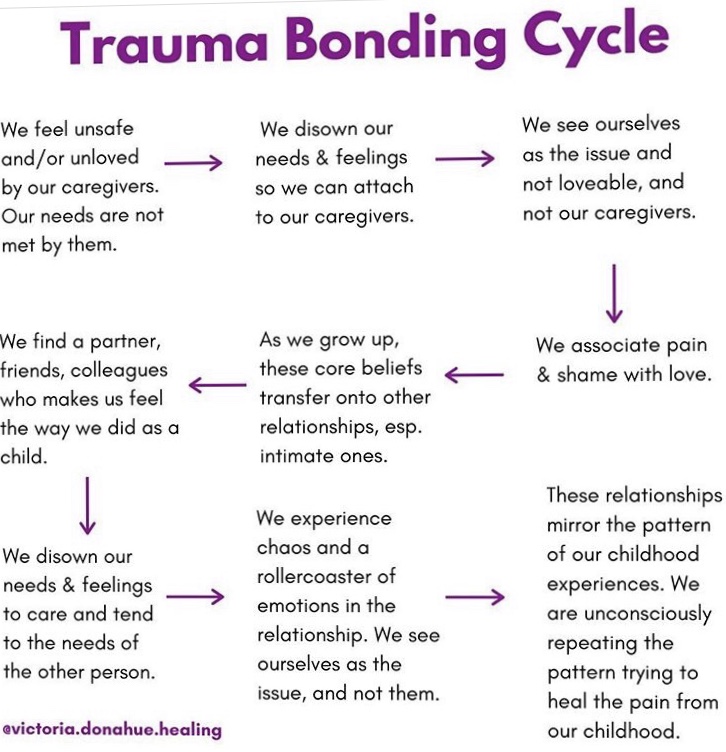
Impact of Child Traumatic Stress
The impact of child traumatic stress can last well beyond childhood. In fact, research shows that child trauma survivors are more likely to have:
- Learning problems, including lower grades and more suspensions and expulsions
- Increased use of health services, including mental health services
- Increased involvement with the child welfare and juvenile justice systems
- Long term health problems, such as diabetes and heart disease
Trauma is a risk factor for nearly all behavioral health and substance use disorders.
What Families and Caregivers Can Do to Help
Not all children experience child traumatic stress after experiencing a traumatic event, but those who do can recover. With proper support, many children are able to adapt to and overcome such experiences.
As a family member or other caring adult, you can play an important role. Remember to:
- Assure the child that he or she is safe.
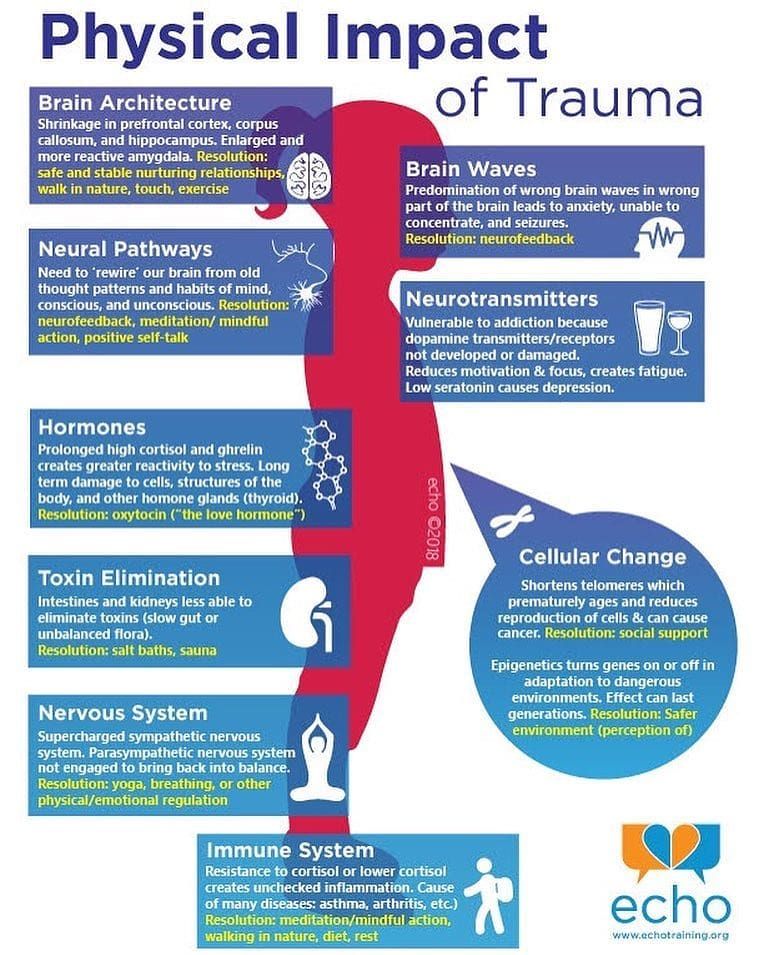 Talk about the measures you are taking to get the child help and keep him or her safe at home and school.
Talk about the measures you are taking to get the child help and keep him or her safe at home and school. - Explain to the child that he or she is not responsible for what happened. Children often blame themselves for events, even those events that are completely out of their control.
- Be patient. There is no correct timetable for healing. Some children will recover quickly. Others recover more slowly. Try to be supportive and reassure the child that he or she does not need to feel guilty or bad about any feelings or thoughts.
Review NCTSI’s learning materials for parents and caregivers, educators and school personnel, health professionals, and others.
Treatment for Child Traumatic Stress
Even with the support of family members and others, some children do not recover on their own. When needed, a mental health professional trained in evidence-based trauma treatment can help children and families cope with the impact of traumatic events and move toward recovery.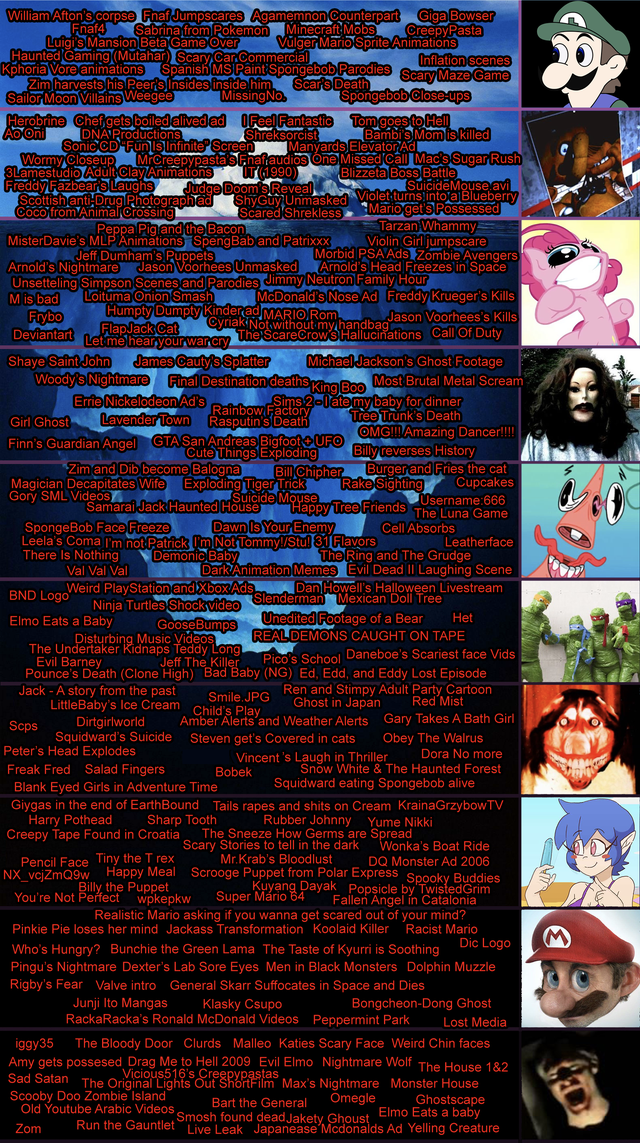
Effective treatments like trauma-focused cognitive behavioral therapies are available. There are a number of evidence-based and promising practices to address child traumatic stress.
Each child’s treatment depends on the nature, timing, and amount of exposure to a trauma.
Review Effective Treatments for Youth Trauma – 2004 (PDF | 55 KB) at the National Child Traumatic Stress Network.
Families and caregivers should ask their pediatrician, family physician, school counselor, or clergy member for a referral to a mental health professional and discuss available treatment options.
More Ways to Find Help
Many U.S. agencies and other groups offer research and support related to child traumatic stress.
Government Websites
- Division of Violence Prevention and Adverse Childhood Experiences (ACE) Study at CDC
- Office for Victims of Crime at the Department of Justice
- National Center for PTSD at the Department of Veterans Affairs
- Pediatric Trauma and Critical Illness Branch at the National Institute of Child Health and Human Development
- Coping With Traumatic Events at the National Institute of Mental Health
Other Organizations
- American Professional Society on the Abuse of Children
- Children’s Mental Health Report at the Child Mind Institute
- HealTorture.
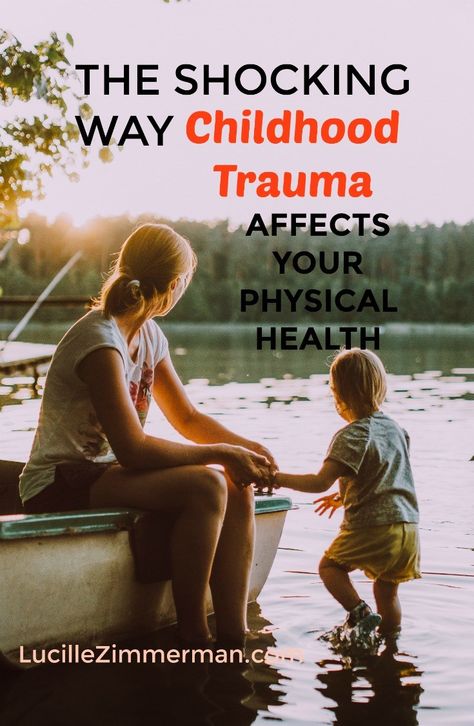 org
org - International Society for Traumatic Stress Studies
- National Children's Advocacy Center
- Sidran Institute
The National Child Traumatic Stress Network
Children whose families and homes do not provide consistent safety, comfort, and protection may develop ways of coping that allow them to survive and function day to day. For instance, they may be overly sensitive to the moods of others, always watching to figure out what the adults around them are feeling and how they will behave. They may withhold their own emotions from others, never letting them see when they are afraid, sad, or angry. These kinds of learned adaptations make sense when physical and/or emotional threats are ever-present. As a child grows up and encounters situations and relationships that are safe, these adaptations are no longer helpful, and may in fact be counterproductive and interfere with the capacity to live, love, and be loved.
Complex trauma can affect children in a multitude of ways.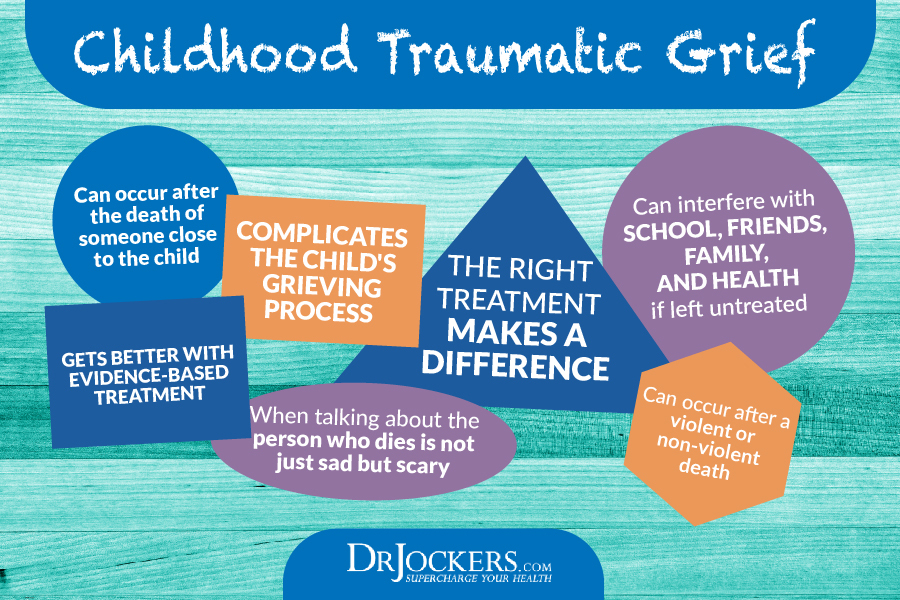 Here are some common effects.
Here are some common effects.
Attachment and Relationships
The importance of a child’s close relationship with a caregiver cannot be overestimated. Through relationships with important attachment figures, children learn to trust others, regulate their emotions, and interact with the world; they develop a sense of the world as safe or unsafe, and come to understand their own value as individuals. When those relationships are unstable or unpredictable, children learn that they cannot rely on others to help them. When primary caregivers exploit and abuse a child, the child learns that he or she is bad and the world is a terrible place.
The majority of abused or neglected children have difficulty developing a strong healthy attachment to a caregiver. Children who do not have healthy attachments have been shown to be more vulnerable to stress. They have trouble controlling and expressing emotions, and may react violently or inappropriately to situations. Our ability to develop healthy, supportive relationships with friends and significant others depends on our having first developed those kinds of relationships in our families.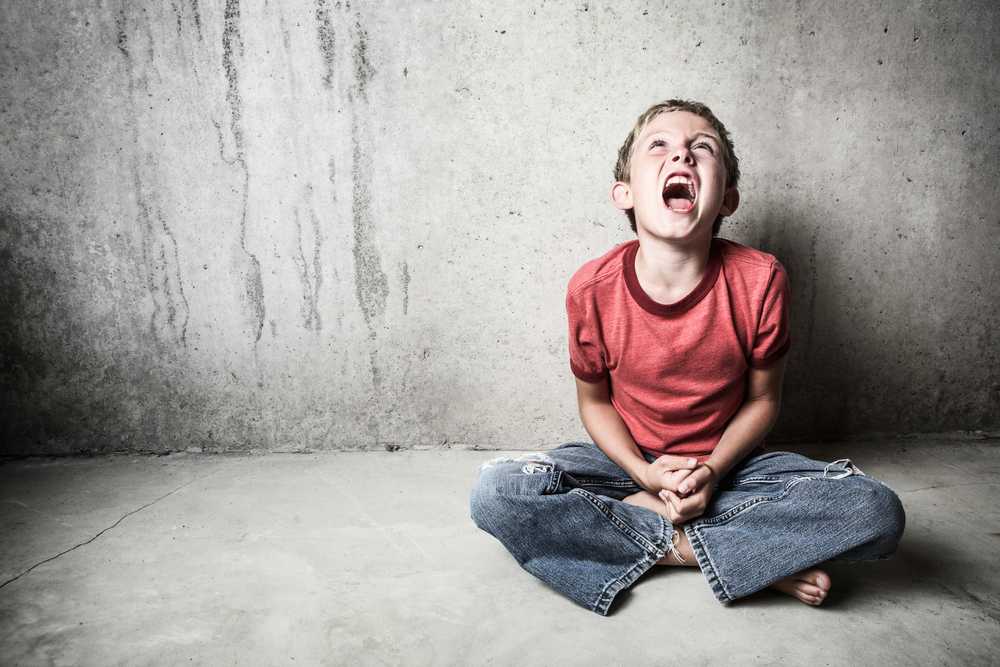 A child with a complex trauma history may have problems in romantic relationships, in friendships, and with authority figures, such as teachers or police officers.
A child with a complex trauma history may have problems in romantic relationships, in friendships, and with authority figures, such as teachers or police officers.
Physical Health: Body and Brain
From infancy through adolescence, the body’s biology develops. Normal biological function is partly determined by environment. When a child grows up afraid or under constant or extreme stress, the immune system and body’s stress response systems may not develop normally. Later on, when the child or adult is exposed to even ordinary levels of stress, these systems may automatically respond as if the individual is under extreme stress. For example, an individual may experience significant physiological reactivity such as rapid breathing or heart pounding, or may "shut down" entirely when presented with stressful situations. These responses, while adaptive when faced with a significant threat, are out of proportion in the context of normal stress and are often perceived by others as “overreacting” or as unresponsive or detached.
Stress in an environment can impair the development of the brain and nervous system. An absence of mental stimulation in neglectful environments may limit the brain from developing to its full potential. Children with complex trauma histories may develop chronic or recurrent physical complaints, such as headaches or stomachaches. Adults with histories of trauma in childhood have been shown to have more chronic physical conditions and problems. They may engage in risky behaviors that compound these conditions (e.g., smoking, substance use, and diet and exercise habits that lead to obesity).
Complexly traumatized youth frequently suffer from body dysregulation, meaning they over-respond or under-respond to sensory stimuli. For example, they may be hypersensitive to sounds, smells, touch or light, or they may suffer from anesthesia and analgesia, in which they are unaware of pain, touch, or internal physical sensations. As a result, they may injure themselves without feeling pain, suffer from physical problems without being aware of them, or, the converse – they may complain of chronic pain in various body areas for which no physical cause can be found.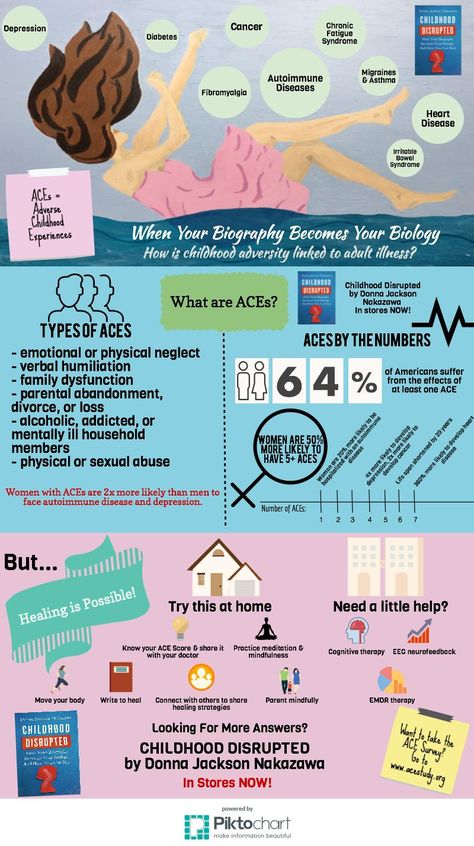
Emotional Responses
Children who have experienced complex trauma often have difficulty identifying, expressing, and managing emotions, and may have limited language for feeling states. They often internalize and/or externalize stress reactions and as a result may experience significant depression, anxiety, or anger. Their emotional responses may be unpredictable or explosive. A child may react to a reminder of a traumatic event with trembling, anger, sadness, or avoidance. For a child with a complex trauma history, reminders of various traumatic events may be everywhere in the environment. Such a child may react often, react powerfully, and have difficulty calming down when upset. Since the traumas are often of an interpersonal nature, even mildly stressful interactions with others may serve as trauma reminders and trigger intense emotional responses. Having learned that the world is a dangerous place where even loved ones can’t be trusted to protect you, children are often vigilant and guarded in their interactions with others and are more likely to perceive situations as stressful or dangerous.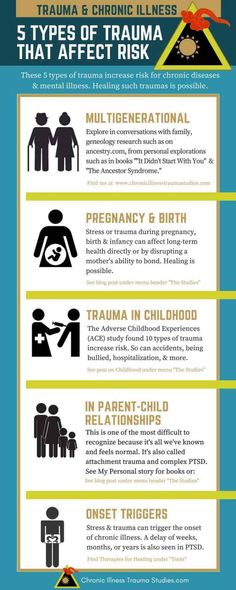 While this defensive posture is protective when an individual is under attack, it becomes problematic in situations that do not warrant such intense reactions. Alternately, many children also learn to “tune out” (emotional numbing) to threats in their environment, making them vulnerable to revictimization.
While this defensive posture is protective when an individual is under attack, it becomes problematic in situations that do not warrant such intense reactions. Alternately, many children also learn to “tune out” (emotional numbing) to threats in their environment, making them vulnerable to revictimization.
Difficulty managing emotions is pervasive and occurs in the absence of relationships as well. Having never learned how to calm themselves down once they are upset, many of these children become easily overwhelmed. For example, in school they may become so frustrated that they give up on even small tasks that present a challenge. Children who have experienced early and intense traumatic events also have an increased likelihood of being fearful all the time and in many situations. They are more likely to experience depression as well.
Dissociation
Dissociation is often seen in children with histories of complex trauma. When children encounter an overwhelming and terrifying experience, they may dissociate, or mentally separate themselves from the experience.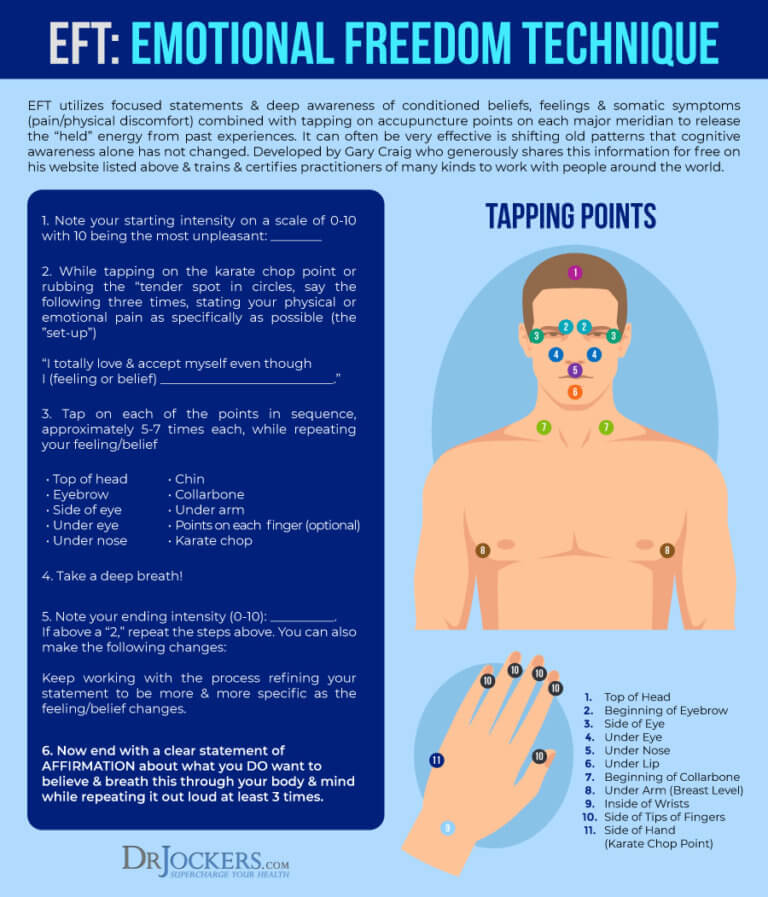 They may perceive themselves as detached from their bodies, on the ceiling, or somewhere else in the room watching what is happening to their bodies. They may feel as if they are in a dream or some altered state that is not quite real or as if the experience is happening to someone else. Or they may lose all memories or sense of the experiences having happened to them, resulting in gaps in time or even gaps in their personal history. At its extreme, a child may cut off or lose touch with various aspects of the self.
They may perceive themselves as detached from their bodies, on the ceiling, or somewhere else in the room watching what is happening to their bodies. They may feel as if they are in a dream or some altered state that is not quite real or as if the experience is happening to someone else. Or they may lose all memories or sense of the experiences having happened to them, resulting in gaps in time or even gaps in their personal history. At its extreme, a child may cut off or lose touch with various aspects of the self.
Although children may not be able to purposely dissociate, once they have learned to dissociate as a defense mechanism they may automatically dissociate during other stressful situations or when faced with trauma reminders. Dissociation can affect a child’s ability to be fully present in activities of daily life and can significantly fracture a child’s sense of time and continuity. As a result, it can have adverse effects on learning, classroom behavior, and social interactions. It is not always evident to others that a child is dissociating and at times it may appear as if the child is simply “spacing out,” daydreaming, or not paying attention.
It is not always evident to others that a child is dissociating and at times it may appear as if the child is simply “spacing out,” daydreaming, or not paying attention.
Behavior
A child with a complex trauma history may be easily triggered or “set off” and is more likely to react very intensely. The child may struggle with self-regulation (i.e., knowing how to calm down) and may lack impulse control or the ability to think through consequences before acting. As a result, complexly traumatized children may behave in ways that appear unpredictable, oppositional, volatile, and extreme. A child who feels powerless or who grew up fearing an abusive authority figure may react defensively and aggressively in response to perceived blame or attack, or alternately, may at times be overcontrolled, rigid, and unusually compliant with adults. If a child dissociates often, this will also affect behavior. Such a child may seem “spacey”, detached, distant, or out of touch with reality. Complexly traumatized children are more likely to engage in high-risk behaviors, such as self-harm, unsafe sexual practices, and excessive risk-taking such as operating a vehicle at high speeds.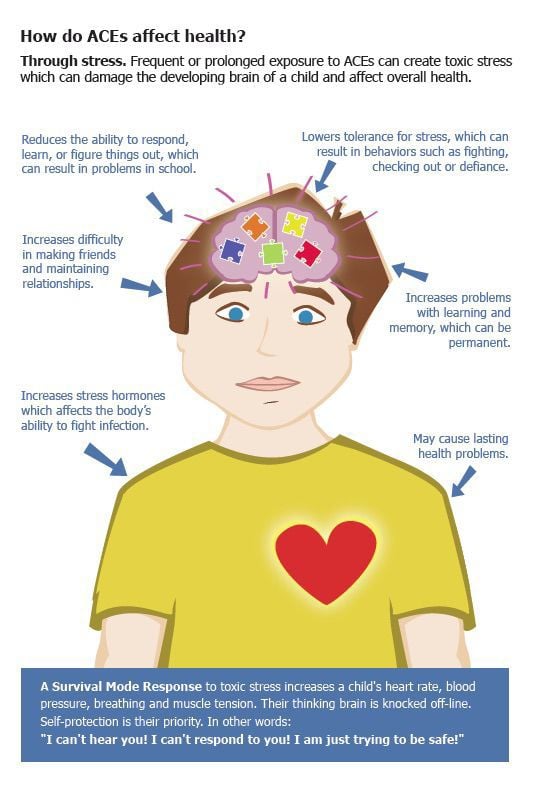 They may also engage in illegal activities, such as alcohol and substance use, assaulting others, stealing, running away, and/or prostitution, thereby making it more likely that they will enter the juvenile justice system.
They may also engage in illegal activities, such as alcohol and substance use, assaulting others, stealing, running away, and/or prostitution, thereby making it more likely that they will enter the juvenile justice system.
Cognition: Thinking and Learning
Children with complex trauma histories may have problems thinking clearly, reasoning, or problem solving. They may be unable to plan ahead, anticipate the future, and act accordingly. When children grow up under conditions of constant threat, all their internal resources go toward survival. When their bodies and minds have learned to be in chronic stress response mode, they may have trouble thinking a problem through calmly and considering multiple alternatives. They may find it hard to acquire new skills or take in new information. They may struggle with sustaining attention or curiosity or be distracted by reactions to trauma reminders. They may show deficits in language development and abstract reasoning skills. Many children who have experienced complex trauma have learning difficulties that may require support in the academic environment.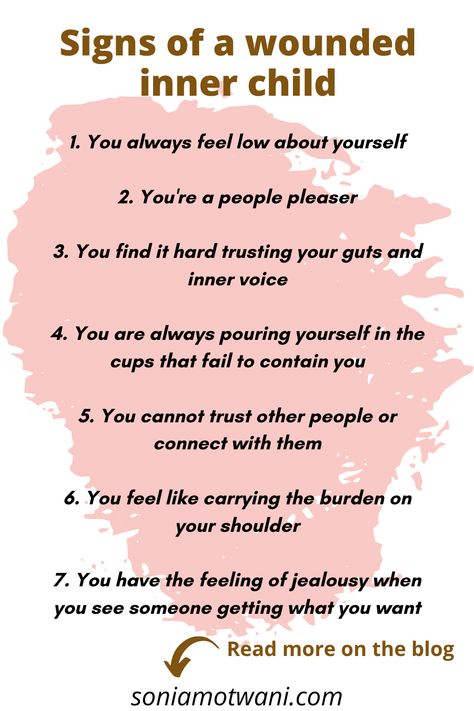
Self-Concept and Future Orientation
Children learn their self-worth from the reactions of others, particularly those closest to them. Caregivers have the greatest influence on a child’s sense of self-worth and value. Abuse and neglect make a child feel worthless and despondent. A child who is abused will often blame him- or herself. It may feel safer to blame oneself than to recognize the parent as unreliable and dangerous. Shame, guilt, low self-esteem, and a poor self-image are common among children with complex trauma histories.
To plan for the future with a sense of hope and purpose, a child needs to value him- or herself. To plan for the future requires a sense of hope, control, and the ability to see one’s own actions as having meaning and value. Children surrounded by violence in their homes and communities learn from an early age that they cannot trust, the world is not safe, and that they are powerless to change their circumstances. Beliefs about themselves, others, and the world diminish their sense of competency.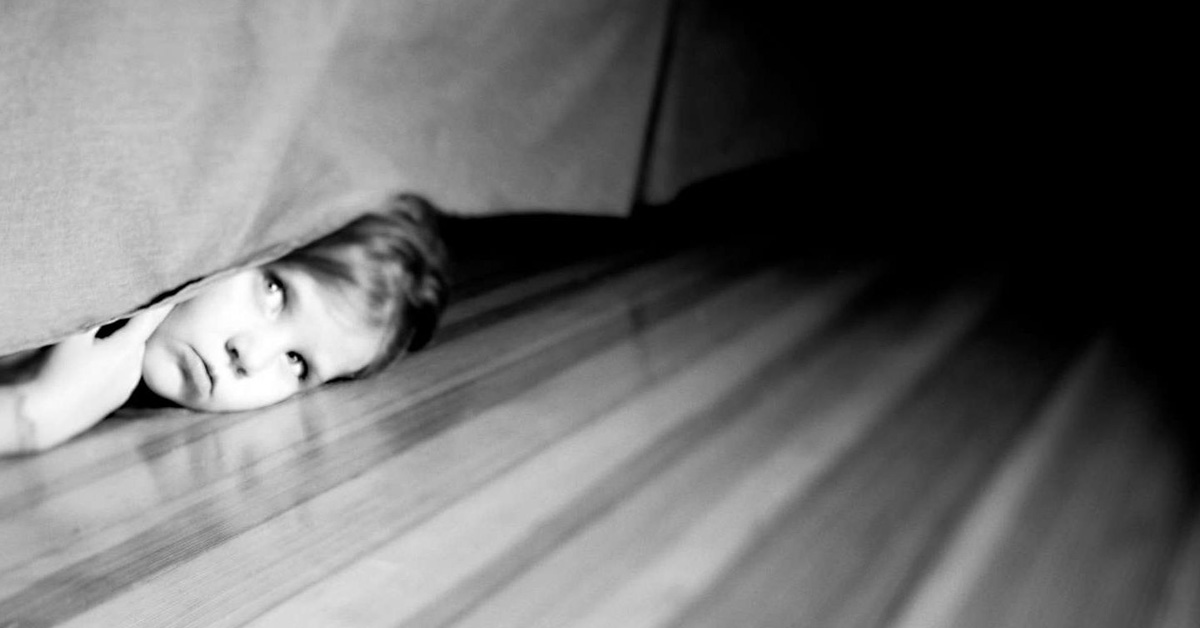 Their negative expectations interfere with positive problem-solving, and foreclose on opportunities to make a difference in their own lives. A complexly traumatized child may view himself as powerless, “damaged,” and may perceive the world as a meaningless place in which planning and positive action is futile. They have trouble feeling hopeful. Having learned to operate in “survival mode,” the child lives from moment-to-moment without pausing to think about, plan for, or even dream about a future.
Their negative expectations interfere with positive problem-solving, and foreclose on opportunities to make a difference in their own lives. A complexly traumatized child may view himself as powerless, “damaged,” and may perceive the world as a meaningless place in which planning and positive action is futile. They have trouble feeling hopeful. Having learned to operate in “survival mode,” the child lives from moment-to-moment without pausing to think about, plan for, or even dream about a future.
Long-Term Health Consequences
Traumatic experiences in childhood have been linked to increased medical conditions throughout the individuals’ lives. The Adverse Childhood Experiences (ACE) Study is a longitudinal study that explores the long-lasting impact of childhood trauma into adulthood. The ACE Study includes over 17,000 participants ranging in age from 19 to 90. Researchers gathered medical histories over time while also collecting data on the subjects’ childhood exposure to abuse, violence, and impaired caregivers.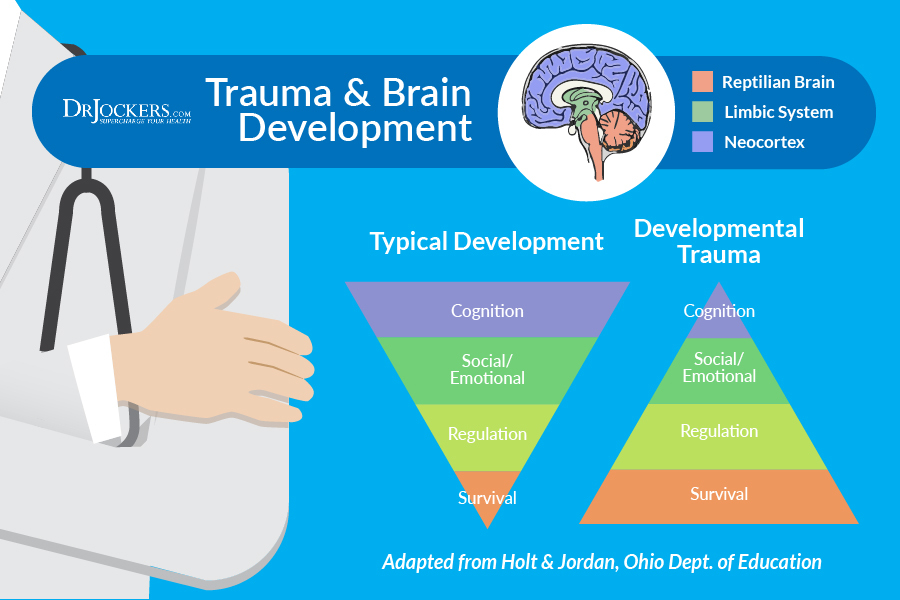 Results indicated that nearly 64% of participants experienced at least one exposure, and of those, 69% reported two or more incidents of childhood trauma. Results demonstrated the connection between childhood trauma exposure, high-risk behaviors (e.g., smoking, unprotected sex), chronic illness such as heart disease and cancer, and early death.
Results indicated that nearly 64% of participants experienced at least one exposure, and of those, 69% reported two or more incidents of childhood trauma. Results demonstrated the connection between childhood trauma exposure, high-risk behaviors (e.g., smoking, unprotected sex), chronic illness such as heart disease and cancer, and early death.
Economic Impact
The cumulative economic and social burden of complex trauma in childhood is extremely high. Based upon data from a variety of sources, a conservative annual cost of child abuse and neglect is an estimated $103.8 billion, or $284.3 million per day (in 2007 values). This number includes both direct costs—about $70.7 billion—which include the immediate needs of maltreated children (hospitalization, mental health care, child welfare systems, and law enforcement) and also indirect costs—about $33.1 billion—which are the secondary or long-term effects of child abuse and neglect (special education, juvenile delinquency, mental health and health care, adult criminal justice system, and lost productivity to society).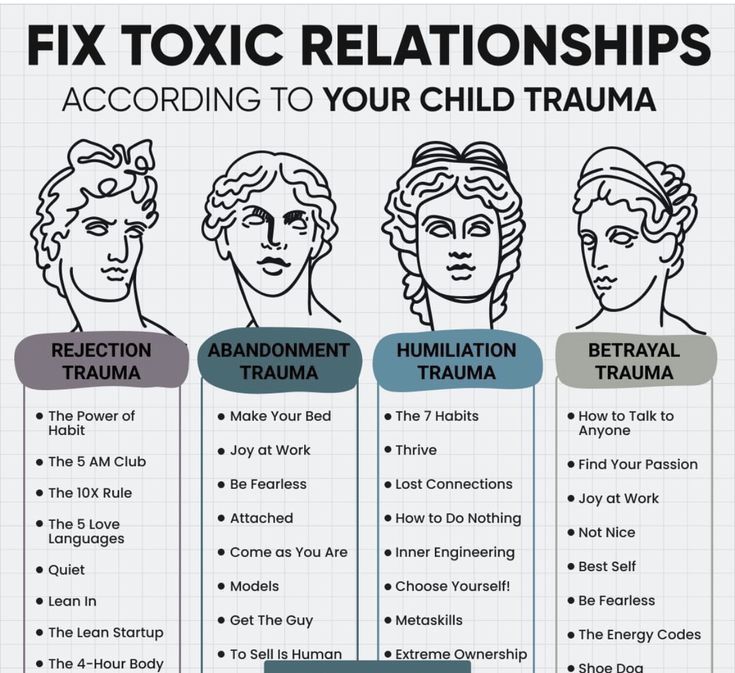
A recent study examining confirmed cases of child maltreatment in the United States found the estimated total lifetime costs associated with child maltreatment over a 12-month period to be $124 billion. In the 1,740 fatal cases of child maltreatment, the estimated cost per case was $1.3 million, including medical expenses and productivity loss. For the 579,000 non-fatal cases, the estimated average lifetime cost per victim of child maltreatment was $210,012, which includes costs relating to health care throughout the lifespan, productivity losses, child welfare, criminal justice, and special education. Costs for these nonfatal cases of child maltreatment are comparable to other high-cost health conditions (i.e., $159,846 for stroke victims and $181,000 to $253,000 for those with Type 2 diabetes).
In addition to these costs are the “intangible losses” of pain, sorrow, and reduced quality of life to victims and their families. Such immeasurable losses may be the most significant cost of child maltreatment.
What are childhood "traumas" and how to recognize them in adulthood
When a parent limits a child in contact with others and controls his social circle, the child may feel lonely, isolated from the outside world. Under such conditions, socialization and the development of independence are impossible. With verbal aggression and threats (for example, "I will refuse you"), the child will cease to trust the world and begin to perceive everything as hostile.
If parents themselves grew up in violence, then these destructive patterns can automatically be transferred to their attitude towards children. Therefore, it is first of all important to recognize and correct your own experience. nine0003
We are made up of the behavior patterns of our parents.
“Sexual abuse is not only a sexual act, but also a neglectful attitude of parents towards a child's sexuality,” explains Veronica. This can lead to rejection of one's body, cause repeated violence (a person can either commit it himself or again find himself in the role of a victim).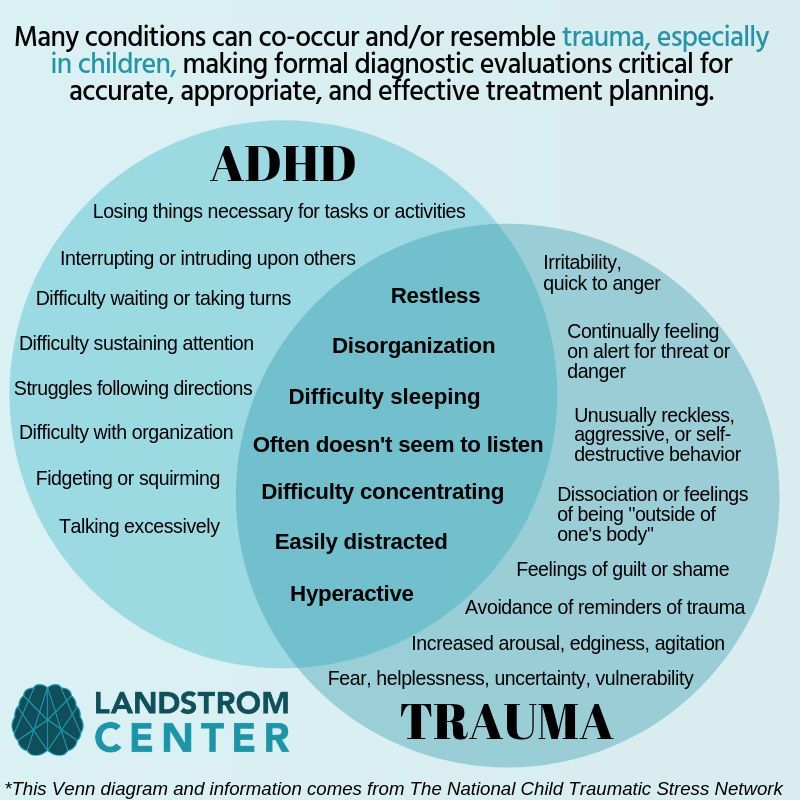 “If the child’s physical and psychological boundaries are violated, this affects his entire adult life, and the negative experience will be repeated again and again,” says Irina. nine0003
“If the child’s physical and psychological boundaries are violated, this affects his entire adult life, and the negative experience will be repeated again and again,” says Irina. nine0003
Why do we not remember some traumatic childhood events?
“When a person is traumatized in childhood, he represses it later in life. Thus, the psyche is protected, blocks painful information, ”explains Irina Mansurova. But even without remembering the causes of the injury, an adult will still feel its consequences - depression, guilt, etc. “The child also needs to somehow adapt, and one of the ways to do this is to dissociate the situation. For example, a child lives with parents who are addicted to alcohol. He has nowhere else to live - what will he do? Dissociate and anesthetize the affected part of the soul. It will block some memories, thoughts and images, as this reduces pain sensitivity. Subsequently, such people do not get hurt: they do not feel anything at all.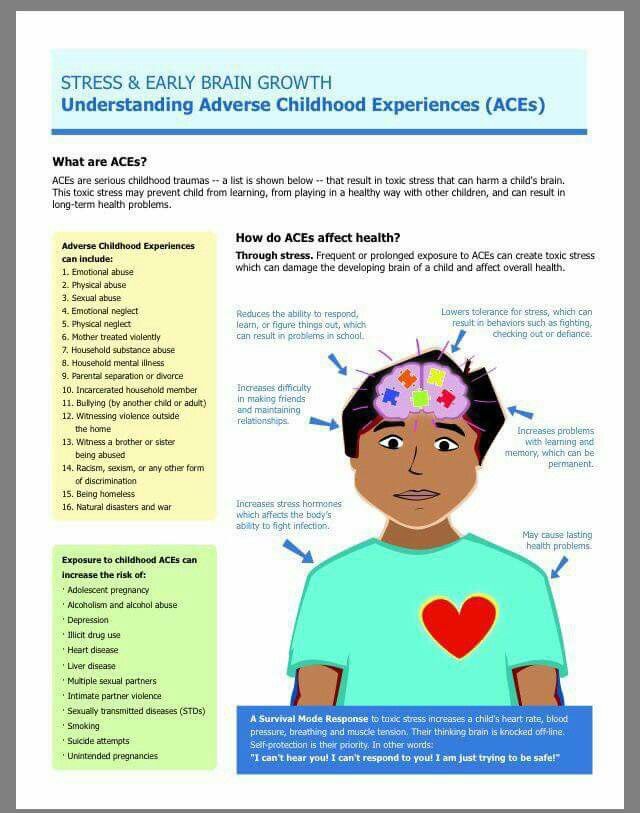 The child gets used not to hear, not to feel and not to see: dissociation allows him to survive, and the psyche will use various methods so as not to collapse, ”says Veronika Doringer. nine0003
The child gets used not to hear, not to feel and not to see: dissociation allows him to survive, and the psyche will use various methods so as not to collapse, ”says Veronika Doringer. nine0003
Repression
Often a severely traumatized person represses some or all of their past. He simply cannot remember events from his childhood, sometimes only some strongly emotionally charged events come up in his memory.
Loss of trust in the world
Avoidance of any trusting relationship. The logic of this choice is simple: "If there is no relationship, then I can avoid pain." Such a person eschews even friendship because of the anxiety that he will be betrayed, therefore he deliberately avoids intimacy, which over time can lead to loneliness and depression. Any harbinger of emotional intimacy that can cause psychic pain will be blocked. nine0003
Tendency to toxic relationships
People who were severely traumatized as children often enter into destructive relationships as adults.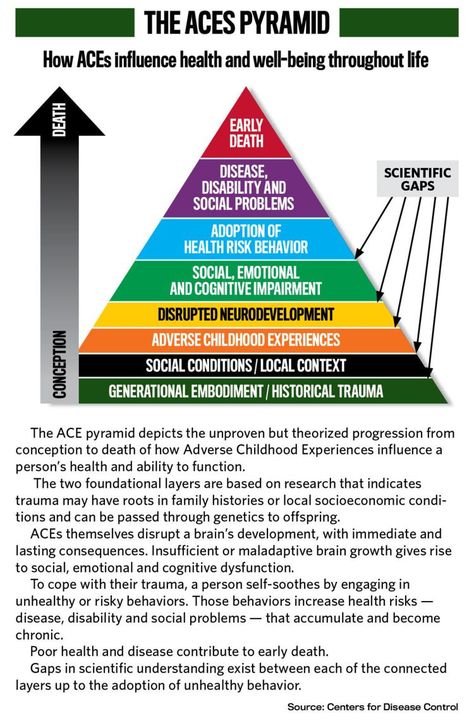 Their partners may be emotionally unavailable, married, violent, or have a narcissistic personality disorder. After ending one toxic relationship, a person will be drawn into others, attracting such partners over and over again. To get out of the vicious circle will help work through the trauma with a psychotherapist. nine0003
Their partners may be emotionally unavailable, married, violent, or have a narcissistic personality disorder. After ending one toxic relationship, a person will be drawn into others, attracting such partners over and over again. To get out of the vicious circle will help work through the trauma with a psychotherapist. nine0003
Difficulties with perception of other people's emotions
A person cannot recognize the true emotions and feelings of another person, because he projects his thoughts and feelings onto him.
How to start working with childhood trauma?
“When people with traumatic experiences raise their children, they are brought back to their traumas. They remember how their parents acted in any situations and do not understand their actions,” explains Veronica. Experiencing once again a painful experience, it is difficult to be emotionally included. Therefore, it is important that the parent first learns to help himself.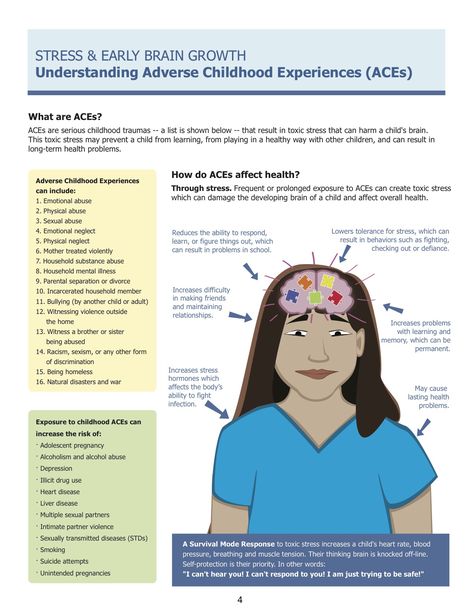 Working through trauma is a long-term process that requires precision and subtlety. One of the best ways is Gestalt therapy. No short-term approaches, webinars and courses will help get rid of psychological trauma: a couple of meetings will not be able to heal, on the contrary, you can aggravate the situation. This should be done by a qualified psychotherapist. nine0003
Working through trauma is a long-term process that requires precision and subtlety. One of the best ways is Gestalt therapy. No short-term approaches, webinars and courses will help get rid of psychological trauma: a couple of meetings will not be able to heal, on the contrary, you can aggravate the situation. This should be done by a qualified psychotherapist. nine0003
It's never too late to start working on yourself if you feel you need help. You should not go to a specialist, even if you had a traumatic experience as a child, but nothing bothers you as an adult, which means that your psyche has coped with it. It often happens that people who talk about having childhood trauma actually don't have it. A person with such an experience will not talk about it, and sometimes he does not even understand that something happened in his childhood that left an imprint in his mind. nine0003
It doesn't matter how old a person with an unresolved trauma is, it will recur at any age. In stress, we become children: scared, alone, out of control. Remember that a broken baby soul tends to pass this story on to the next generation.
Remember that a broken baby soul tends to pass this story on to the next generation.
Photo: Getty Images
Woman's Emotional Trauma: Healing the Childhood Trauma of a Daughter with Her Father by Leonard L Sh
nine0056- Fiction
- non-fiction
- Children's literature nine0057 Literature in foreign languages
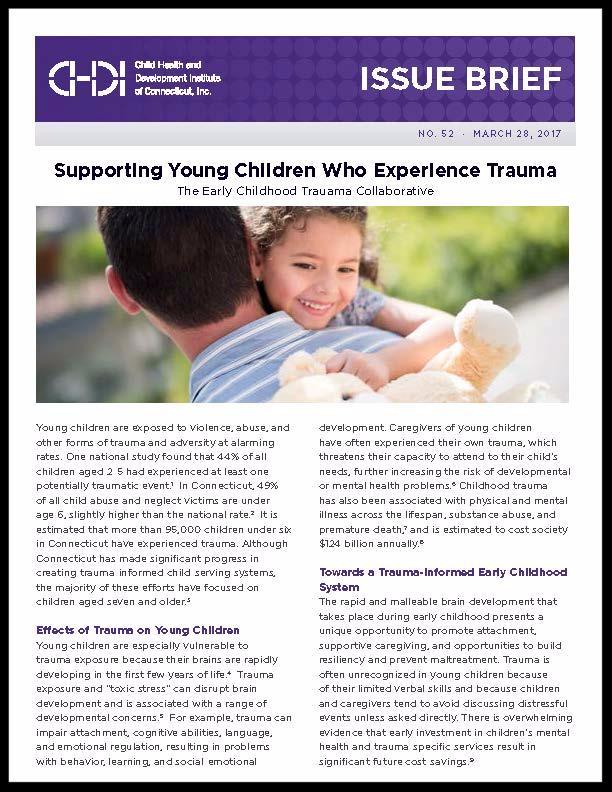 Memoirs. Publicism nine0060
Memoirs. Publicism nine0060 Authors • Series • Publishers • Genre nine0003
- Russian classics
- detectives
- Economy nine0060
- Magazines
- Benefits
- History
- Politics
- Biographies and memoirs nine0060
- Publicism
- Electronic audiobooks
- CDs nine0060
- Foreign prose and poetry
- Russian prose and poetry
- Children's literature nine0060
- History
- Art
- encyclopedias
- Cooking.
 Winemaking nine0057 Religion, theology
Winemaking nine0057 Religion, theology
- Children's literature nine0060
- Collected works
- Art
- History of Russia until 1917
- Fiction. foreign nine0060
- Fiction.
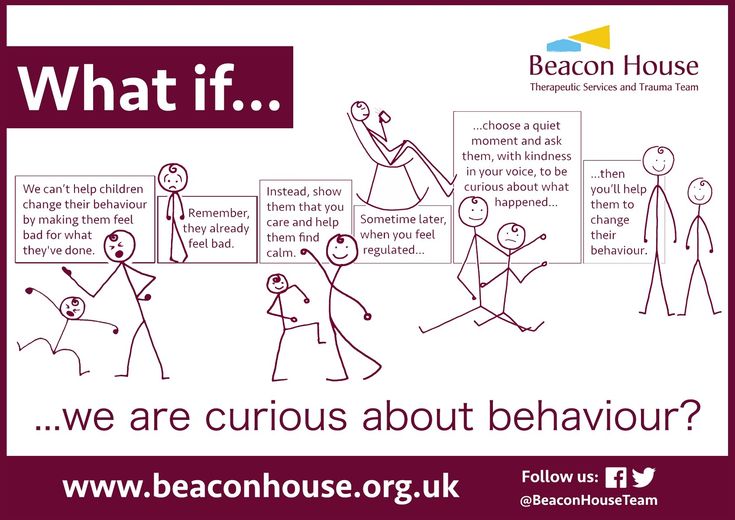 Russian
Russian - All topics
- Pre order
- Acceptance of books for commission nine0060
- Books as a gift
- Author's works
- business gifts nine0060
- literary gifts
- Miniature editions
- Gifts for children
- gift pens nine0057 Postcards
- business man accessories nine0060
- Unusual office
- Paper and white supplies
- Writing utensils
- Small office goods nine0060
- For artists
- bonus program
- Gift certificates nine0060
- Worldwide shipping
- Corporate Service
- VIP service
- Services of the antiquarian and secondhand department nine0060
- Selection and decoration of gifts
- Production of exclusive editions
- Formation of a family library
Leonard L.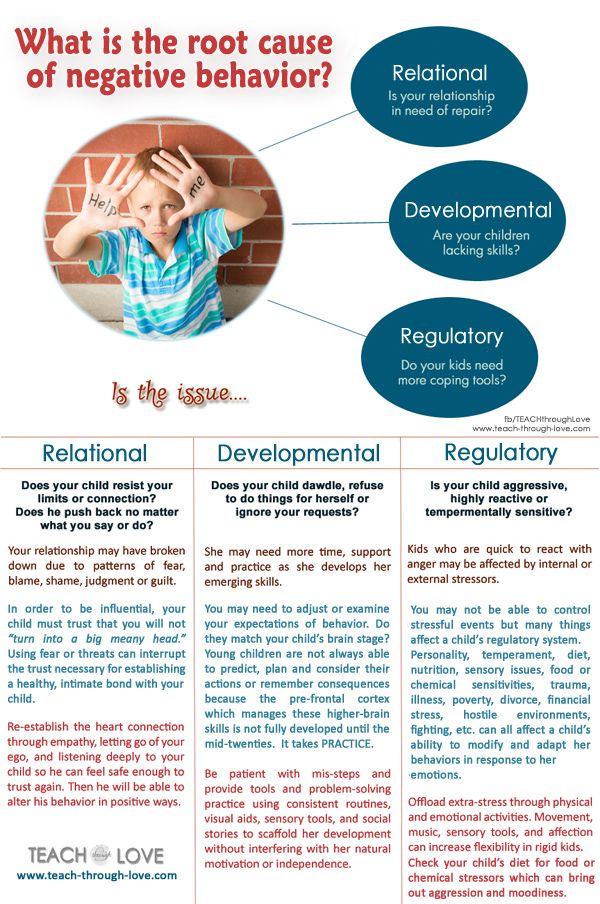 Sh.
Sh.
- Publisher:
- Independent firm "Class" nine0254
- The year of publishing:
- 2013
- Place of publication: nine0250 Moscow
- Text language:
- Russian
- Original language:
- English
- Translation: nine0250 Mershavka V.
- Cover type:
- Hard cover nine0254
- Format:
- 60х88 1/16
- Dimensions in mm (LxWxH): nine0250 205x140x13
- Weight:
- 340 gr.
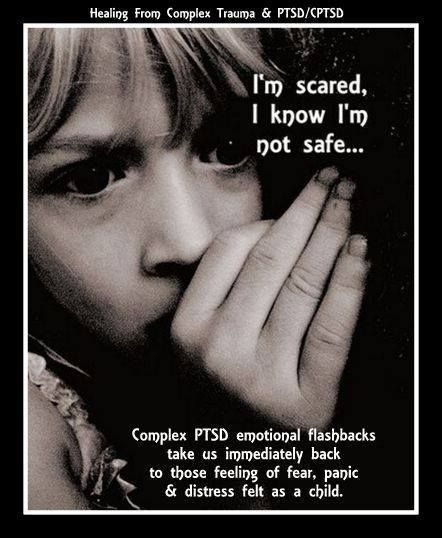
- Pages:
- 224
- Circulation: nine0250 1000 copies
- Product code:
- 1003792 nine0254
- Vendor code:
- 195170
- ISBN: nine0250 978-5-86375-165-8
- On sale from:
- 08/22/2019 nine0254
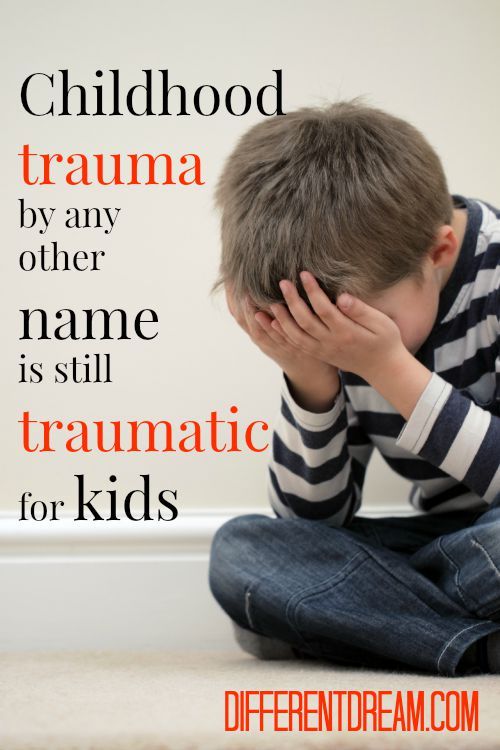
Additional Information
Leonard L.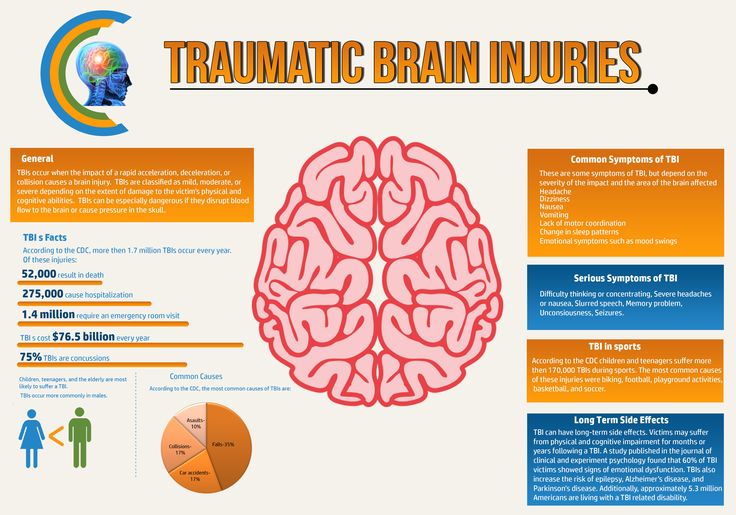 Sh. , films, works of famous writers from the standpoint of "Jungian diagnostics" explores the causes and consequences of emotional trauma. Linda Leonard gives her symbolic classification of the manifestation of emotional trauma, based on polarities: puella (“eternal girl”) and business woman (“Amazon in a shell”), considers their possible varieties depending on the nature of the traumatic relationship between father and daughter. Ways and methods of healing are offered, and this is important, because. in the future, the social success of a woman, and the development of her creative abilities, as well as the manifestation of healthy sexuality and the formation of mature relationships with men, depend on the relationship with her father in the future. The book will be useful not only for psychologists of various schools and directions, but also for everyone who is interested in the relationship between parents and children. Read more… nine0003
Sh. , films, works of famous writers from the standpoint of "Jungian diagnostics" explores the causes and consequences of emotional trauma. Linda Leonard gives her symbolic classification of the manifestation of emotional trauma, based on polarities: puella (“eternal girl”) and business woman (“Amazon in a shell”), considers their possible varieties depending on the nature of the traumatic relationship between father and daughter. Ways and methods of healing are offered, and this is important, because. in the future, the social success of a woman, and the development of her creative abilities, as well as the manifestation of healthy sexuality and the formation of mature relationships with men, depend on the relationship with her father in the future. The book will be useful not only for psychologists of various schools and directions, but also for everyone who is interested in the relationship between parents and children. Read more… nine0003
We recommend to see
Kernberg OF
Severe personality disorders.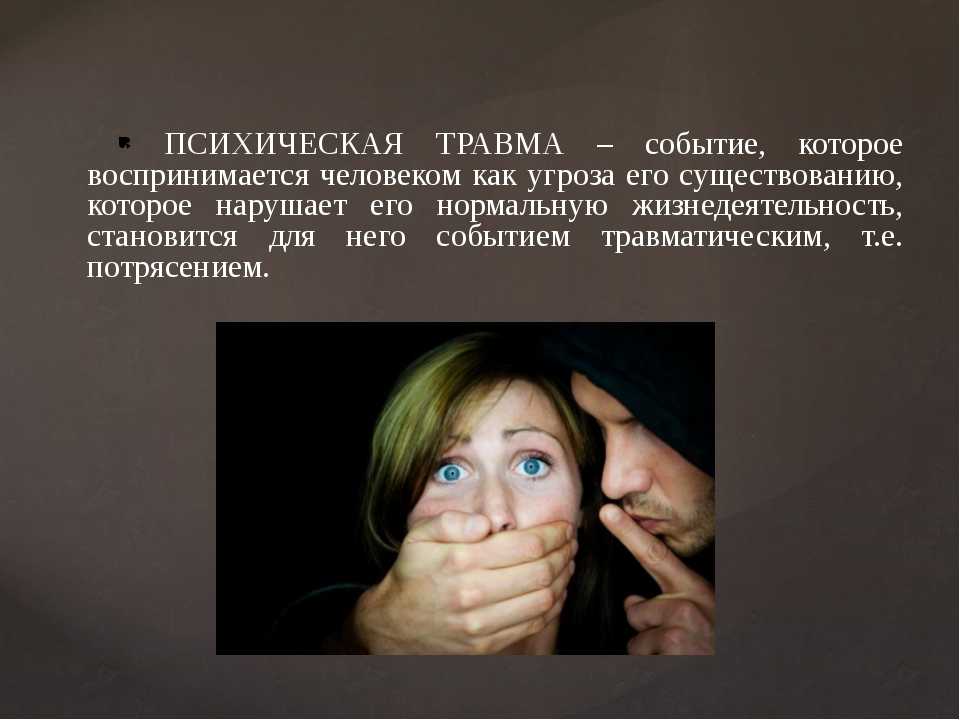 Psychotherapy strategy
Psychotherapy strategy
813 ₽
980 ₽ in store
Buy
Chesner A.
Psychodrama for two. Practical guide
971 ₽
1,170 ₽ in store
Buy
Frankl VE
Saying "YES" to life: a psychologist in a concentration camp. 9th edition
515 ₽
620 ₽ in store
Buy nine0003
Frankl V.
About the meaning of life
465 ₽
560 ₽ in store
Buy
Pinker S.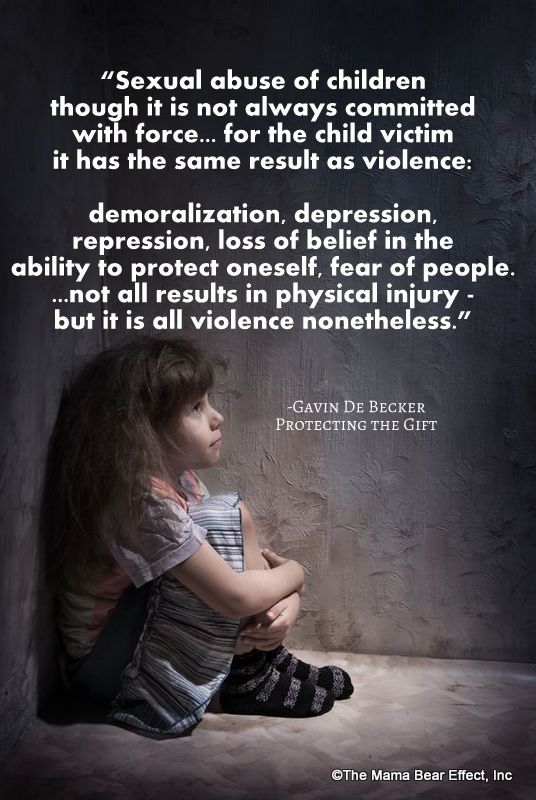
Rationality. What is it, why do we miss it and why is it important
930 ₽
1 120 ₽ in store nine0003
Buy
Bettelheim B.
Enlightened heart. Human autonomy in the era of mass societies
789 ₽
950 ₽ in store
Buy
Frankl V.
Subconscious god. Psychotherapy and Religion
515 ₽
620 ₽ in store
Buy
New
Burke P.
Polymat. The history of universal people from Leonardo da Vinci to Susan Sontag
772 ₽
930 ₽ in store
Buy nine0003
New
Dorofeev M.
Path of the Jedi. Finding your own productivity methodology. 4th edition
1 619 ₽
1 950 ₽ in store
Buy
Fromm E.
The Art of Loving
257 ₽
310 ₽ in store
Buy
Kiyosaki R.T.
Rich Dad Poor Dad
1 145 ₽
1 380 ₽ in store
Buy
Spiller B.
Anti-burnout. A diary for those who are tired of being tired. 12-Week Stress and Burnout Plan
672 ₽
810 ₽ in store
Buy
Smart Rea Coaching Calendar for 2023.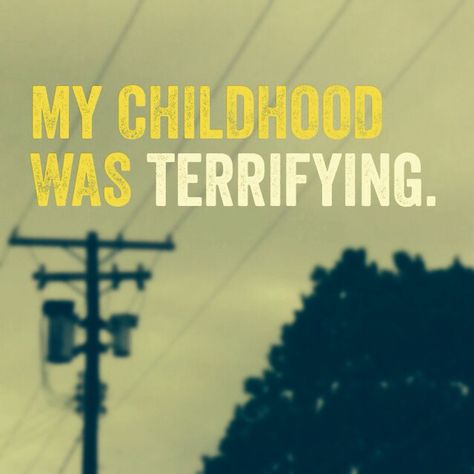 12 soft skills of the 21st century
12 soft skills of the 21st century
1 287 ₽
1 550 ₽ in store
Buy nine0003
Kiyosaki R.T.
Rich Dad Poor Dad
1 361 ₽
1 640 ₽ in store
Buy
Fromm E.
The Art of Loving
473 ₽
570 ₽ in store nine0003
Buy
Dispenza J.
The power of the subconscious, or How to change your life in 4 weeks
432 ₽
520 ₽ in store
Buy
12 Soft Skills of the 21st century.